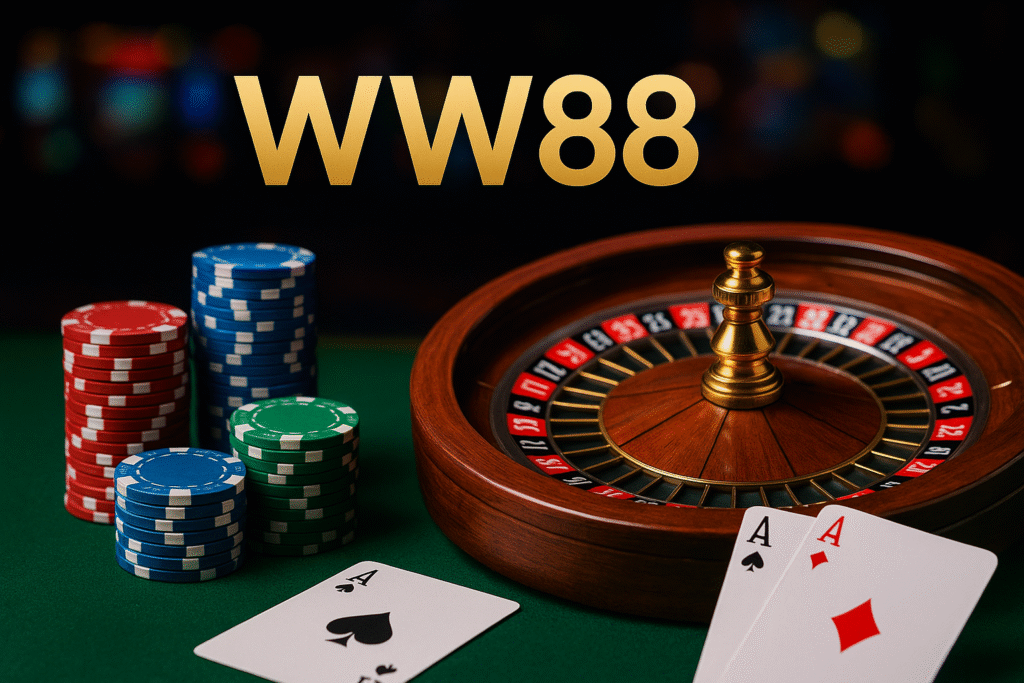
Casinos have always been more than just places to gamble—they are designed environments that tap into human psychology. From the layout of gaming floors in physical casinos to the colors and sounds of online platforms, every element is crafted to enhance engagement and excitement. Understanding these psychological triggers helps explain why casino games have remained popular for generations.
The Thrill of Risk and Reward
At the heart of gambling lies the anticipation of risk and reward. Humans are naturally drawn to activities that promise uncertain outcomes, especially when there’s a chance of winning something valuable. The suspense of waiting for a roulette wheel to stop or a slot machine to align symbols triggers a rush of adrenaline, making the experience addictive and memorable.
Psychologists refer to this as “variable reinforcement”—the same principle used in video games and social media notifications. When rewards come at unpredictable intervals, players are more likely to stay engaged, hoping the next spin or hand will bring success.
The Role of Sounds and Visuals
Both physical and online casinos use sound and visual effects to heighten excitement. Bright lights, celebratory jingles, and the sound of coins clinking create an atmosphere of continuous reward. Even when players don’t win big, small visual or auditory cues often make them feel like they’ve achieved something.
Online platforms replicate this with flashing animations and catchy soundtracks that keep players immersed. Slot games, in particular, rely heavily on these psychological elements to maintain appeal.
Social Interaction and Community
Another key factor in casino psychology is social interaction. Traditional casinos are designed as social spaces where players can share their experiences, cheer each other on, or observe others winning. Online casinos have adopted live chat features and multiplayer games to replicate this sense of community.
Humans are naturally influenced by peer behavior. Seeing another player win—even virtually—can boost motivation to keep playing, creating a sense of “if they can do it, so can I.”
The Illusion of Control
Many games are based purely on chance, but casinos often provide players with a sense of control. For example, poker and blackjack involve strategic decisions that make players feel more involved in the outcome. Even in slot games, pressing the spin button creates the impression of control, despite the result being random.
This illusion of control keeps players engaged, as they believe their actions can influence success.
Online Platforms and Personalization
Digital casinos use data-driven algorithms to enhance the psychological experience. Personalized bonuses, targeted promotions, and tailored game suggestions make players feel valued. This customized approach increases loyalty and encourages continued play.
Additionally, responsible gaming features are becoming standard. Deposit limits and reminders ensure players remain aware of their activity, striking a balance between entertainment and safety.
Why Players Choose Certain Platforms
With so many casinos available, players often select platforms that combine entertainment value with trustworthiness. Security, variety, and community engagement are major factors that influence choice.
For many users, platforms like WW88 deliver these qualities effectively, offering both an immersive experience and a secure environment that players can rely on.
Conclusion
The psychology of casinos reveals that gambling is more than just games of chance—it’s an experience designed to trigger excitement, anticipation, and social connection. From the rush of risk and reward to the use of lights, sounds, and personalization, every detail is crafted to keep players engaged. As online platforms evolve, these psychological principles remain at the core of what makes casinos so captivating.